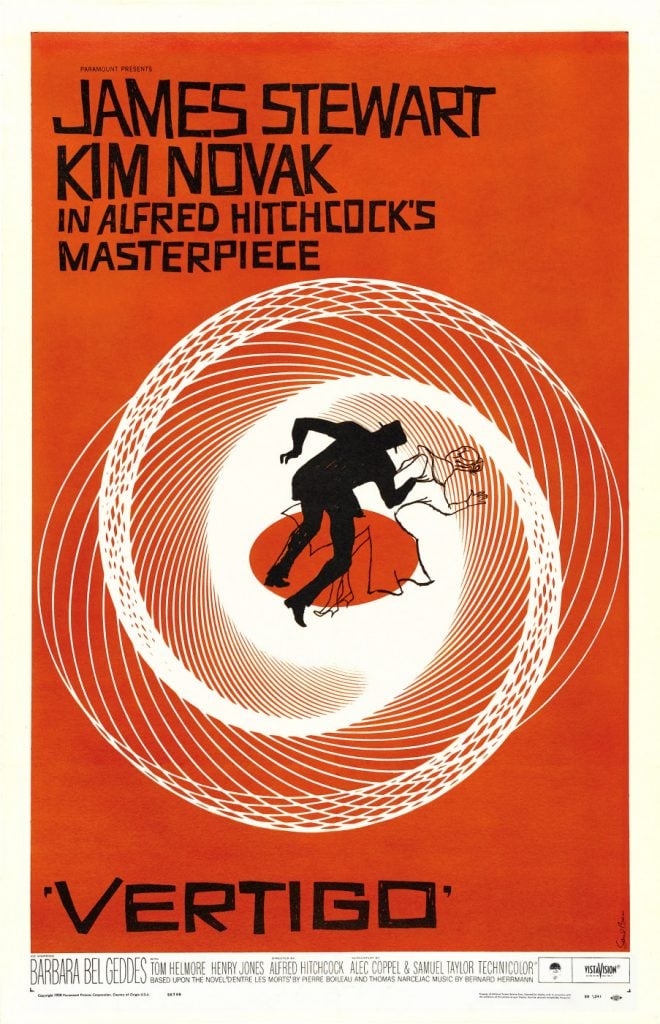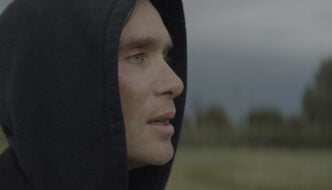
Photo: Wikimedia Commons
Alfred Hitchcock directed several films that could be considered masterpieces, but it’s 1958’s Vertigo that is commonly regarded as the best of the best. The jewel in Hitchcock’s already illustrious crown is considered a classic for a reason. It’s maybe the most perfect display of Hitchcock’s striving for ‘pure cinema’, and the interplay between the visual and audial creates an experience that simply couldn’t be replicated in any other medium.
The film’s score, by regular Hitchcock contributor Bernard Herrmann, is a big part of why the film has continued to captivate audiences since its release. Its swooning romanticism is offset with moments of fraught tension and threat, wonderfully capturing the mood of the film itself. The opening track – ‘Prelude and Rooftop’ – is spine-tinglingly evocative, at once dreamlike and foreboding as it steadily builds, spiralling into appropriately vertiginous tension. Another standout is ‘The Nightmare and Dawn’, with its increasing menace and intensity, before the titular ‘dawn’ arrives and the music swells into huge, romantic strings.
There really isn’t a throwaway track on the score, though, as Herrmann clearly tuned into Hitchcock’s vision and delivered music that is both captivatingly beautiful and very much on edge. The original soundtrack from ’58 was actually something of a butchered version, featuring around half the actual score and totalling at just over half an hour. However, the fantastic soundtrack label Varèse Sarabande released a new version of the score in 1995, restoring much of Herrmann’s music, with further additions being made in 1996 (the ’96 version being made possible due to some of the original tapes being found at Paramount Studios, adding what amounts to only a couple more minutes than the ’95 version, but nonetheless standing today as the most complete representation of Herrmann’s score).
Sixty years later, Vertigo stands as one of the all-time greats – not only as an Alfred Hitchcock film, but as a Bernard Herrmann film. It’s a spellbinding example of a composer bolstering the imagery and performances of a film with an almost indefinable emotional texture; a mood which immediately becomes an invaluable part of the overall piece of art. In an age where film scores are all too often forgettable and disposable, it remains a document of genuine power and substance.


Comments